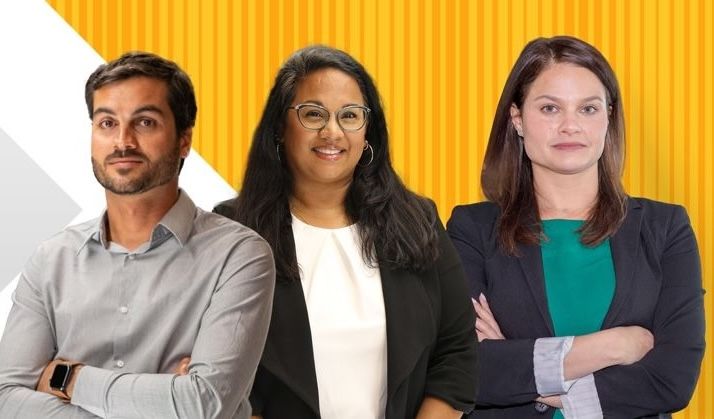The importance of early breast cancer detection for young women
An ICF evaluation promotes education to prompt screenings and minimize health disparities
Breast cancer is the most common cancer in women in the U.S. It hits women over 50 hardest. And early detection remains the best chance to improve cancer survival rates.
But what if you’re not 50 yet? (Women younger than 45 make up 11% of all new cases.) Or even 40 for that matter? (A 30-year-old woman has a 1 in 227 chance of developing breast cancer.) Do you need to worry about breast cancer screening?
Meeting the needs of young breast cancer survivors
That’s the question the Breast Cancer Education and Awareness Requires Learning Young (EARLY) Act sought to answer. This 2010 directive requires the Centers for Disease Control and Prevention (CDC) to develop and evaluate initiatives that will educate young women—particularly high-risk young women—and healthcare providers about the importance of early diagnosis. And through it, CDC is funding eight national organizations to develop psychosocial support systems, clinical preventive services, cancer care, and lifestyle programs specifically for young breast cancer survivors (YBCS).
But services and programs only work if they reach—and connect with—their target audience. That’s where our federal health team helps, through a thoughtful evaluation. Under the direction of ICF public researcher Marnie House, we’re evaluating the effectiveness of CDC’s Multiple Approaches to Support YBCS initiative, which targets women ages 18 to 44.Marnie also works on a host of other CDC health evaluations, ranging in topics from heart disease and stroke prevention to diabetes prevention. She’s equally enthusiastic about each of her projects. But the young breast cancer survivor evaluation feels different. In part because she was the program manager for the Breast Cancer Center of Excellence at Columbia University while completing her doctoral studies. Working directly with breast cancer patients during their diagnosis spurred her passion, which she brings to this project.
“I’m thankful to work on a project that addresses health disparities—not as an afterthought but as a primary focus,” says ICF public health researcher Sharanya Thummalapally.
Defining the target audience
Nearly 30% of U.S. women diagnosed with early breast cancer will eventually develop metastatic breast cancer. And young women with invasive breast cancer often face difficult medical, psychosocial, financial, and health issues related to their diagnosis and treatment. Treatment is expensive, and the disease comes at a time when many of these women have family and social responsibilities—and others are establishing their economic independence. Not only do these financial burdens adversely affect their health, they also live with the pervasive sense of limited time—which damages their mental health.
Within this population, underserved communities—such as minorities, Ashkenazi Jewish, LGBTQ+, and low socio-economic groups—would benefit from additional survivorship support. As it stands, their cancer is often accompanied by higher risk of recurrence and death compared to older women. Which is why it’s critical the YBCS initiative does what it set out to do.
Putting it all together
So, how do you evaluate a cooperative agreement—especially one as important as this? You scan recipient materials, develop and administer an inventory data collection tool to monitor and track reach, populations served, and outcomes. You interview national organizations to explore facilitators and barriers. And you collect success stories for the most important medicine of all: Hope.
Learn more about ICF careers in research.
